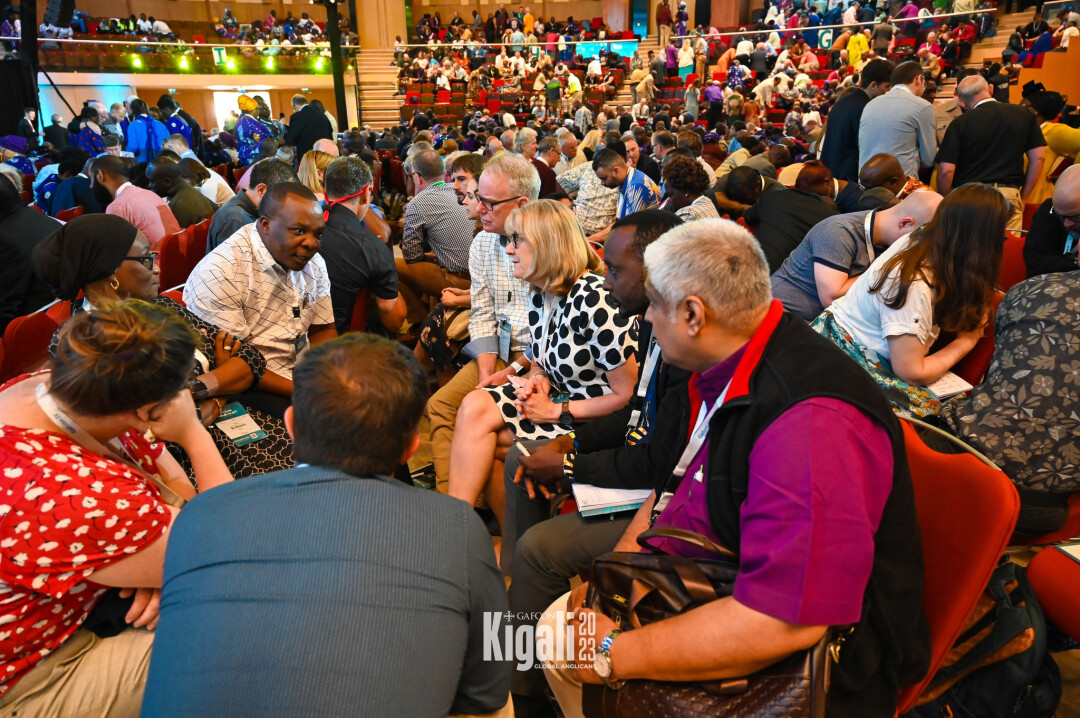
In the US, almost all of us have people from different ethnicities in our churches, and the church is called to care for and shepherd the whole flock God has entrusted us (1Pet 5:2-3). This means we should not only shepherd and care for our friends in church or those who are similar or agree with our ideas, positions, and traditions. Remember that because of our faith in Jesus, we are all children of God, brothers, and sisters, no matter our differences or backgrounds (Gal 3:26-29). Nevertheless, caring for and shepherding people from other tribes, tongues, and nations “always” requires a minimum of cultural awareness.
Most of us struggle to see the differences between people from other nations. Our natural tendency is to gather everyone from a similar continent or who shares physical characteristics and treat them all as if they were equal. I see this issue regarding Hispanics. For instance, I prefer to talk about the “Hispanic” community in the US instead of the “Latinos.” Because when we talk about Hispanics, we are talking about people who speak Spanish, but when we talk about Latinos, we are talking about a “culture” that, in my opinion, is impossible to condense and explain. This is because Latin America has 21 countries with the same language but different worldviews and cultures. Same with our brothers and sisters from Africa, Asia, and the Middle East. However, unlike Latin America, most have other languages and religions, even though some look similar. Therefore, being aware of these fundamental differences is critical.
Let’s think about shepherding our brothers and sisters from other cultures into the church. For instance, soul care (Rom 15:14, Gal 6:1-2) and discipleship (Col 1:28-29, Heb 3:12-14) are fundamental ways to do it. Still, this is challenging because people from other cultures usually (unless they are third generation) have different worldviews resulting in various dynamics and points of view regarding life (e.g., family, money, worship, traditions, etc.). This reality can bring a feeling of unpreparedness to shepherd them on our part. So, how can we start?
Beyond the good news that this is possible because Scriptures are always for all people, in all times and all places (Matt 24:35), initiative and intentionality in building relationships are critical to stopping our fear of the unknown. So, let me briefly share three practical steps.
First, hospitality (Rom 12:13). Go beyond just greeting the person or family every Sunday at church. You should open your house and invite them (with their families) for lunch or dinner, hopefully with other church members, so they can feel integrated and connected. Have fun (especially the children), but be intentional in the conversation, be curious, ask good questions, and listen well and patiently (James 1:19).
Second, empathy (Gal 2:3-4). Try to enter their world. Welcoming people at home is not hard for most cultures. Therefore, visiting them in their place is not difficult and is essential to building a reciprocity-based relationship. You can offer to bring the food if needed, but be careful here. It happened to me once when someone invited me to a Mexican restaurant because I was from Chile! However, I understood the ignorance and knew the person was trying to be kind and generous. But for some people, this issue can be offensive. In addition, entering their world by visiting them in their workplace is also beneficial. It helps us to see their reality (good or bad) and to develop sympathy and compassion (Matt 9:36).
Lastly, help (Acts 20:35). Do not hesitate to offer help if needed. But remember that immigrants’ needs are not only material. Like all of us, they have spiritual and emotional needs that the church must provide. If you feel unequipped, you can assist your pastor or other church leaders by sharing them with essential context.
In the end, no matter our church context, or resources, we all can take the initiative and work to love and understand those from different backgrounds than we do.
May the Lord bless you and your ministry.

